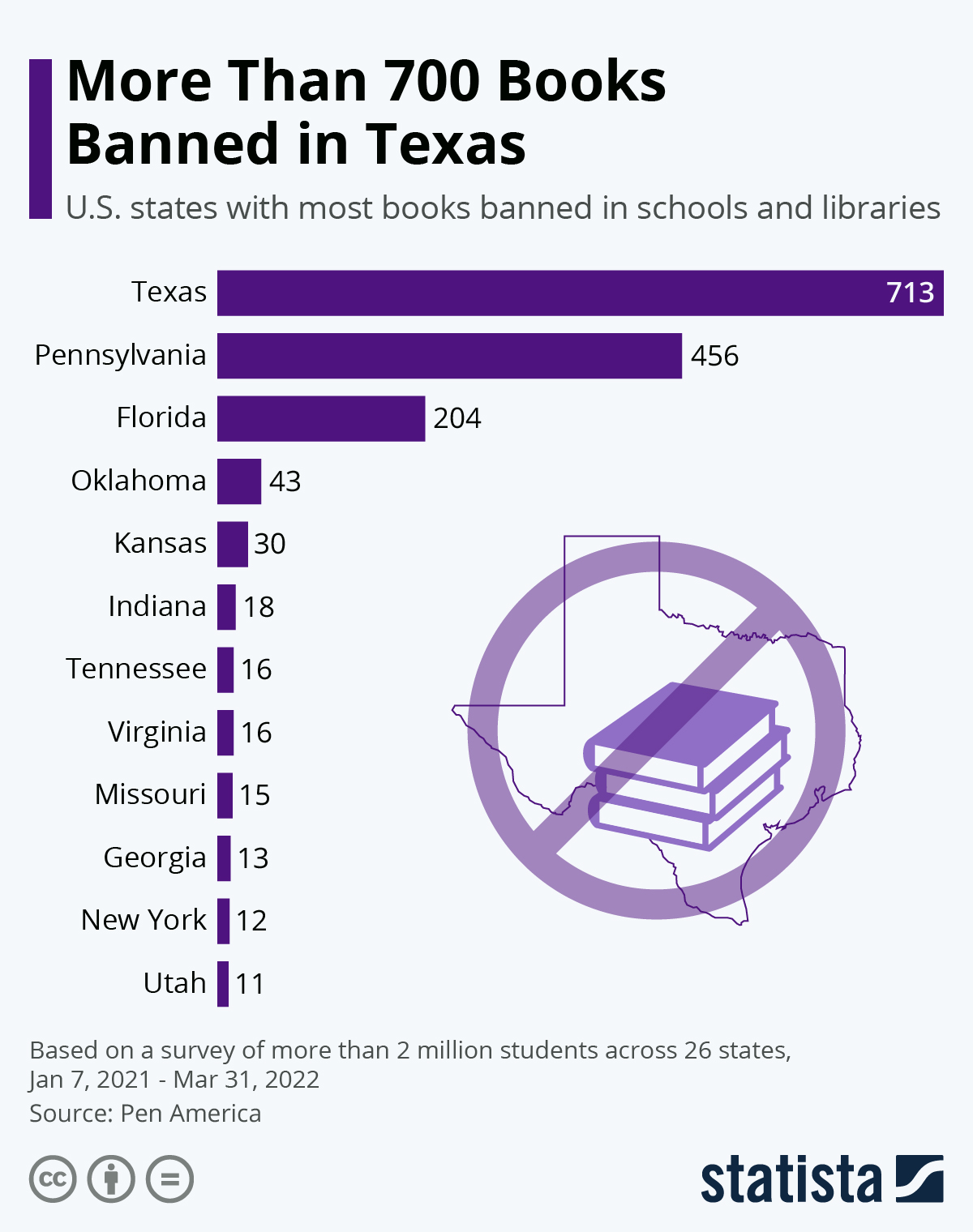As a protest against U.S. censorship, Margaret Atwood and Random House are auctioning off a version of The Handmaid’s Tale that can’t be burned.
The 1985 dystopian novel describes a religious fanatic-controlled America where women have no rights and abortion is illegal. In recent years, the book’s ideas have been compared to state legal developments. The Handmaid’s Tale is a regularly banned U.S. novel.
713 titles will be banned in Texas classrooms and libraries between July 2021 and April 2022, according to PEN America. State lawmakers impose gag orders, measures to watch and control teachers, and book-banning procedures. Local book bans are expanding. This research shows that more books are being banned and that more attention is being paid to books about problems in communities of color and the LGBTQ+ community. This literature is available outside of schools and libraries despite the ban.
Will you offer us a hand? Every gift, regardless of size, fuels our future.
Your critical contribution enables us to maintain our independence from shareholders or wealthy owners, allowing us to keep up reporting without bias. It means we can continue to make Jewish Business News available to everyone.
You can support us for as little as $1 via PayPal at office@jewishbusinessnews.com.
Thank you.
PEN America report from 2016 also noted the disproportionate targeting of publications by or about underrepresented groups, such as people of color, LGBTQ+ folks, or people with disabilities.
 You will find more infographics at Statista
You will find more infographics at Statista
Book Challenges Surge in the U.S.
More than 700 people challenged library, school, and university resources and services in 2021, compared to 307 in 2013. What subjects are banned or sought to be banned, and how has this changed?
According to the American Library Association (ALA), requests to remove LGBT+ materials from schools and libraries increased from 9% in 2013 to 23.5% in 2020. The novel George by Alex Gino, reissued as Melissa, is about a transsexual girl. This trend has continued into 2021, with some places banning books like Lawn Boy by Jonathan Evison, Gender Queer by Maia Kobabe, and All Boys Aren’t Blue by George M. Johnson.
When a book is disputed, various reasons are stated. Sexual content was the most prevalent cause in both years, at 92%. The seven-year gap saw a transition from violence, drugs, and alcohol to religious views and bigotry.
According to the ALA, some Americans objected to books about social justice, anti-racism, and black, indigenous, or people of color. Stamped: Racism, Antiracism, and You by Ibram X. Kendi and Jason Reynolds and Something Happened in Our Town: A Child’s Story About Racial Injustice by Marianne Celano, Marietta Collins, and Ann Hazzard were prohibited for spreading “anti-police beliefs.
 You will find more infographics at Statista
You will find more infographics at Statista




